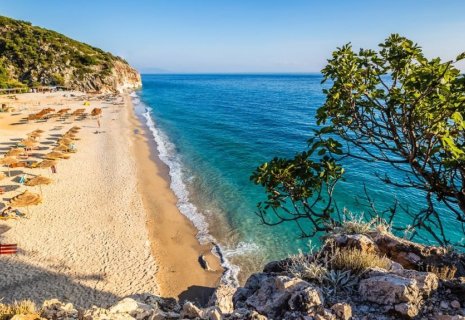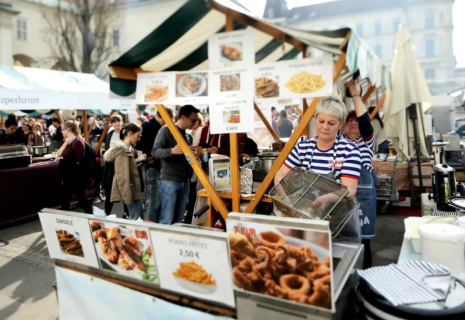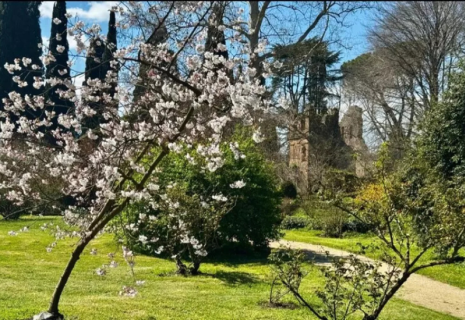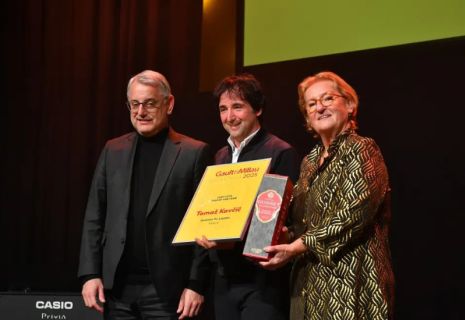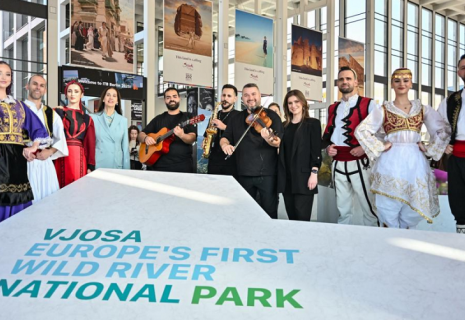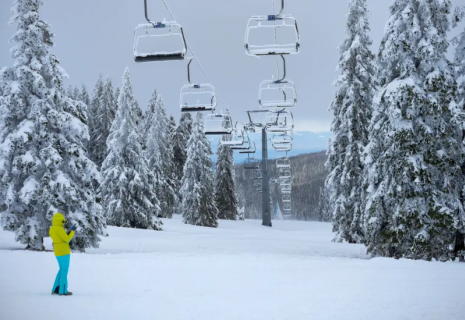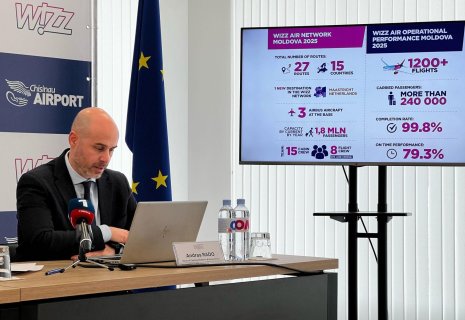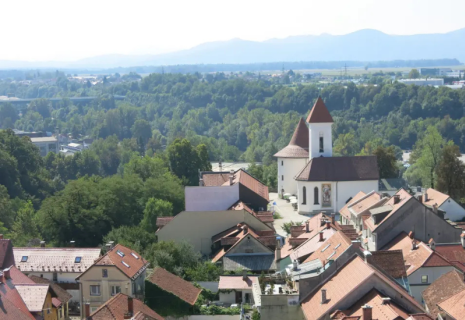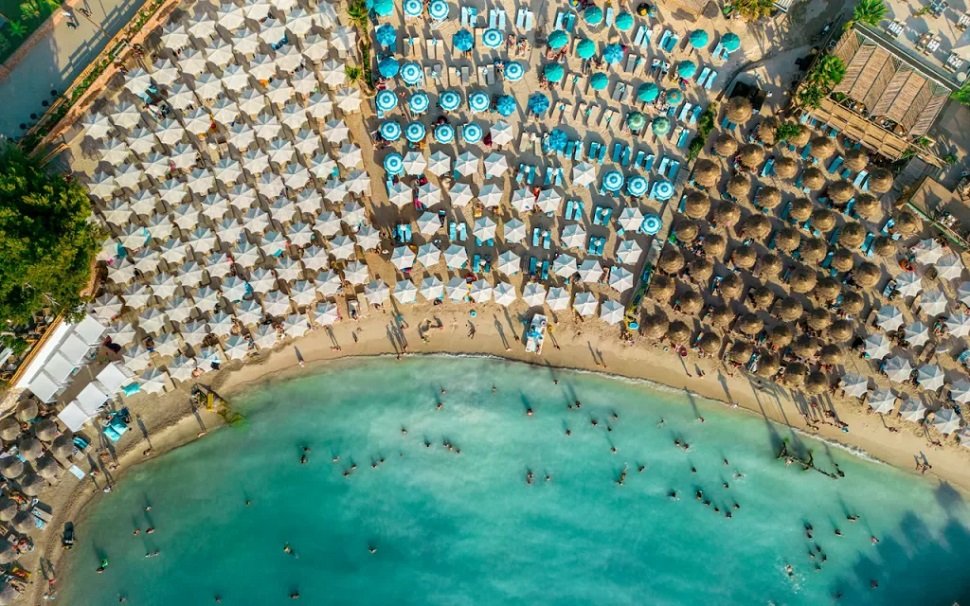
Tourism skyrockets in Albania: affordable, beautiful, booming
The Maldives of Europe, beaches like Thailand - I had read many such phrases about Ksamil, a small coastal village in southern Albania - before visiting it, writes Rebecca Astil in the British daily "The Telegraph".
I had just arrived by ferry from Corfu – where the unspoilt villages are an attraction. I had heard great things about Ksamil, CE Report quotes Kosova Press.
Albania, not long ago considered the last frontier of Mediterranean holidays, is experiencing a surge in popularity among British tourists.
Hotels are opening up rapidly and social media influencers are doing their best to fill them.
In 2015, more than three million foreign tourists visited its sunny shores.
This figure grew steadily to more than four million in 2017, and to over six million in 2019.
However, since the pandemic, the number of foreign tourists visiting the Mediterranean country has peaked.
Around 10 million tourists visited the Balkan country in 2023 – marking a 56% increase compared to pre-Covid figures – making Albania the fastest-growing holiday destination in Europe.
And that's just the beginning. Last year, the Albanian government presented its new "National Tourism Strategy," which envisions welcoming up to 30 million foreign tourists by 2030 — more than Portugal or Croatia.
To achieve this goal, new developments continue apace – as Jared Kushner and his wife, Ivanka Trump, recently received the green light to build a $1,4 billion luxury hotel on Sazan Island.
Economically, this is great news for Albania. But what will be the ecological impact? Is Albania on track to avoid the same problems of mass tourism seen, for example, in Spain? And how will the rapid changes affect the overall experience for tourists?
Ksamil, an authentic southern village, was surrounded by beautiful beach bars and hotels along the coast.
Before Ksamil became a major holiday destination, it was a small fishing village.
Wesley Didani, representative of the news outlet "Saranda Web", explained the country's growing popularity as a tourist destination.
"Improvements in air and road infrastructure, along with the increase in direct flights and Albania's competitive quality-price ratio have made the country more accessible than ever," Didani said.
"Visitors can experience all of this without the crowds or high prices found in traditional Mediterranean destinations," he added.
These improvements in infrastructure were certainly noticeable.
I flew to Corfu, where I stayed for a few days, then took a ferry from Corfu Town to Saranda, just up the coast from Ksamil (from 19 euros with Ionian Seaways).
On the way home, I booked a bus from Saranda to the capital, Tirana (15 euros with “Gjirafa Travel”), where I spent another two days, then flew directly to London Stansted with “Ryanair” for 78 euros.
What Didani says was once an "isolated place" is certainly no longer so.
Despite its dark communist past, Albania's current situation is a step in the right direction – however the impact of increasing tourist numbers on the environment may unfortunately be less positive.
According to the Travel and Tourism Development Index, there is concern in Albania that the development of mass tourism may affect the mismanagement of natural resources.
The answer? “To protect the environment, Albania must implement clear policies for waste management, promote clean energy, and support projects that respect nature,” Didani said.
"Mass tourism risks increasing prices in coastal areas, making rents and services unaffordable," warned Didani.
But the benefits cannot be denied. “Tourism is one of the best ways to boost the local economy,” said Elton Caushi, owner of the tour operator “Albanian Trip”.
"It has certainly created jobs. In 2023, travel and tourism contributed 25% of Albania's GDP, and the number of jobs in this sector has increased by 10% since 2019," according to the World Travel and Tourism Council.
Prices also remain reasonable. At the Mussel House – a beautiful and secluded restaurant right on the waters of Lake Butrint, between Saranda and Ksamil – a magnificent plate of mussels and a delicious steak cost just 24 euros; the equivalent meal in the UK would have cost twice as much.
There still seems to be an air of novelty for holidaymakers in the small European country, but, after European protests against mass tourism last summer, one can only hope that Albania gets a handle on this growth.
Prime Minister Edi Rama, the driving force behind the country's tourism strategy, must ensure that everything is done sustainably.
"Sustainable tourism is about creating a win-win situation for everyone – tourists, locals, and the environment," said Caushi.
"It's making sure that as tourism grows, those things that make Albania so special are not damaged," he added.





